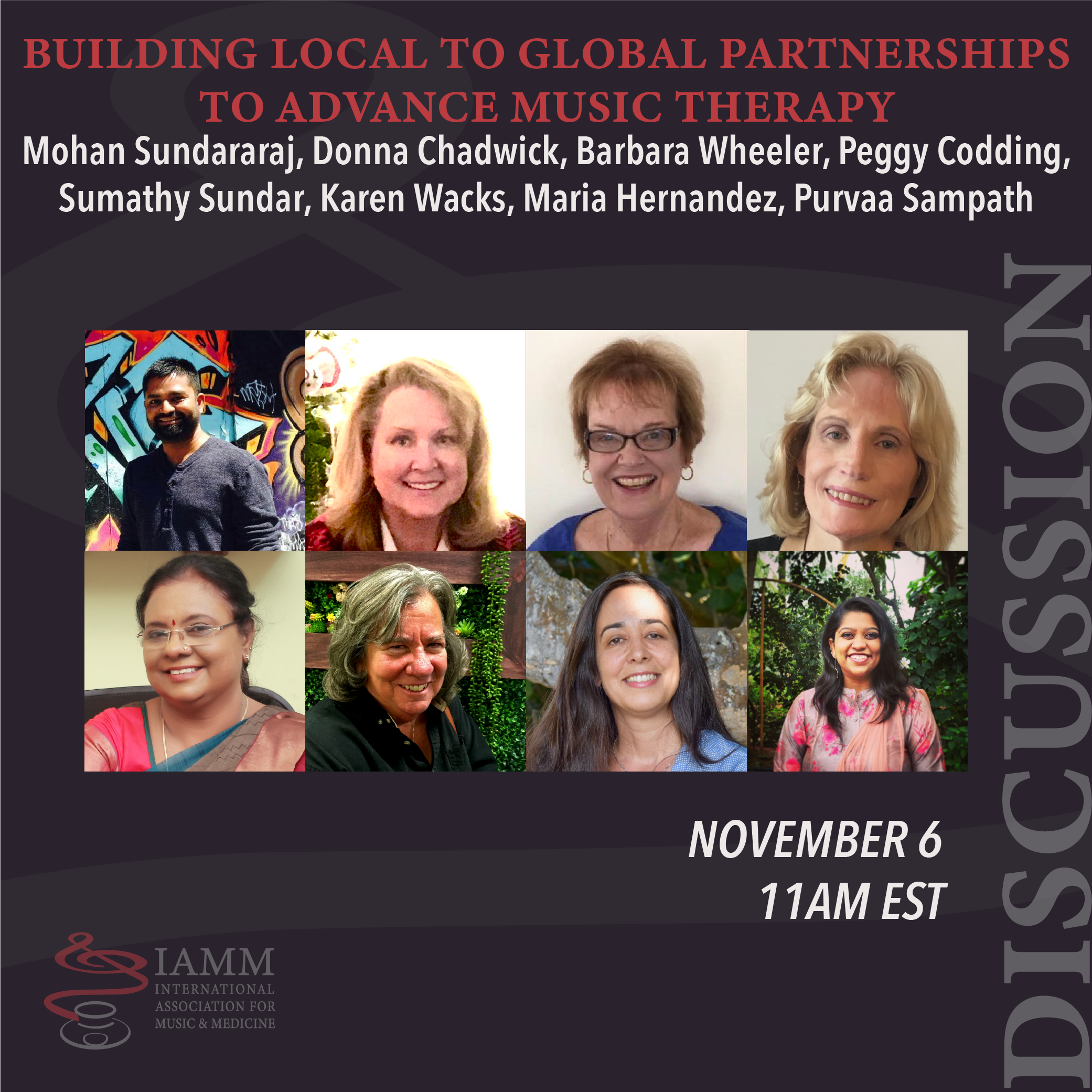
This workshop spotlights the role of local and global partnerships in advancing the field of music therapy. The session is a venue to leverage opportunities to assess level of demand, mobilize resources and respond in partnership with local leadership.
The practice of music as medicine has existed for thousands of years with a basis in mythology, religion or indigenous music, literature and art. Today, communities around the world reflect an unmatched myriad of complex realities, identities, and cultures. This presents unique challenges for advancing music therapy as a nationally-recognized allied health profession especially in international settings.[1]
Anecdotal evidence from practicing music therapists in a developing country context suggests that individual- and group-level musical preferences reflect diversities in language, religion and social identities. To be effective music therapists, practicing professionals have to constantly innovate, adapt and test a range of clinical approaches. Correspondingly, training and clinical programs emerge that vary considerably by school of thought and practice.[2]
The proliferation of divergent training programs and clinical practices prompts the need for clarification of the values and principles upon which they are based.[3] Additionally, diverse practices have implications for the establishment of harmonized standards for research, education, clinical practice, and professional exchange. Efforts to advance the profession of music therapy in these contexts must also account for rapidly changing development sectors.
This workshop is designed to review music therapy projects currently being implemented in a subset of countries and spotlight the critical role of local and global partnerships in advancing the field of music therapy in those contexts. The panel will invite attendees to share from their own experiences approaches that have worked in their respective contexts that could in turn inform strategies for sustaining music therapy training and related professional efforts elsewhere. The workshop will also serve as a venue for leveraging newer opportunities to assess level of demand, mobilize resources and respond appropriately in close partnership with local experts.
[1]https://hms.harvard.edu/sites/default/files/assets/Sites/Longwood_Seminars/Longwood%20Seminar%20Music%20Reading%20Pack.pdf
[2] https://www.ncbi.nlm.nih.gov/pubmed/28992203
[3] http://www.wfmt.info/WFMT/Education_and_Training.html
Panelists
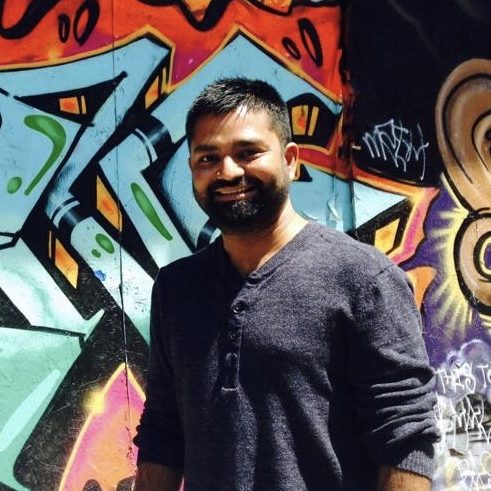
Mohan Sundararaj is a physician and a global health expert with over 15 years’ experience in direct clinical services and HIV-related technical support in over 30 countries. He graduated Summa Cum Laude and as a piano principal from Berklee’s music therapy degree program in 2004 and currently lives in San Francisco, USA.
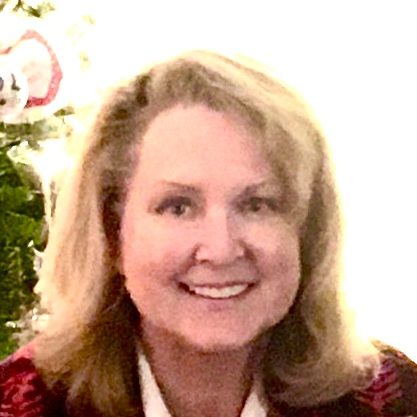
Donna Chadwick retired from Berklee College of Music in Boston after decades of teaching in academic music therapy programs. Donna has been licensed as a Mental Health Counselor and Speech and Language Pathologist for 25 years and in 2014, earned Certification as a Hospice and Palliative Care Music Therapist.
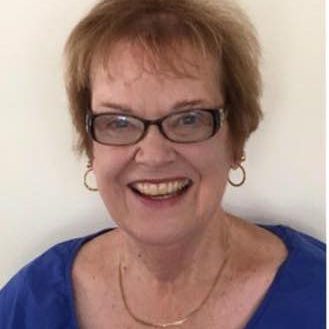
Barbara Wheeler holds the designation of Professor Emeritus from Montclair State University, where she taught from 1975-2000. She initiated the music therapy program at the University of Louisville in 2000, retiring in 2011. She currently presents and teaches in the U.S. and internationally and is lead author, co-author, editor or co-editor of several textbooks of music therapy.
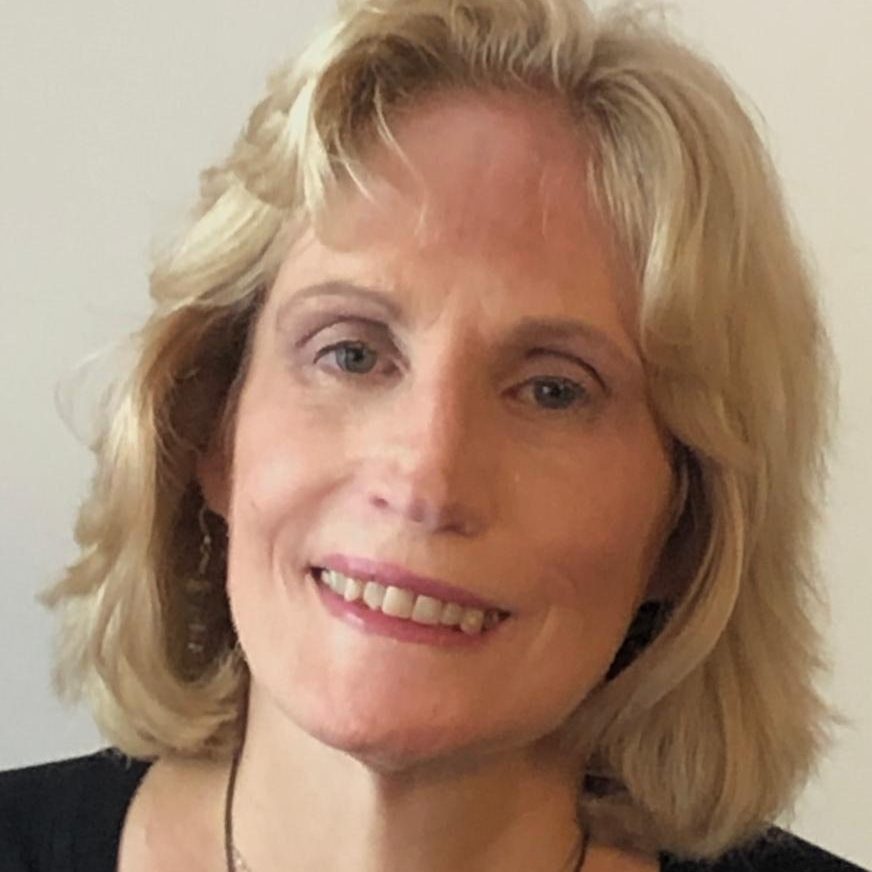
Peggy Codding is completing 20 years as Professor of Music Therapy at Berklee College of Music in Boston, Massachusetts, USA. She is former Chair of graduate and undergraduate studies in music therapy at Ohio University in Athens, Ohio. A frequent presenter, her research is published in refereed journals, textbooks, and podcasts.
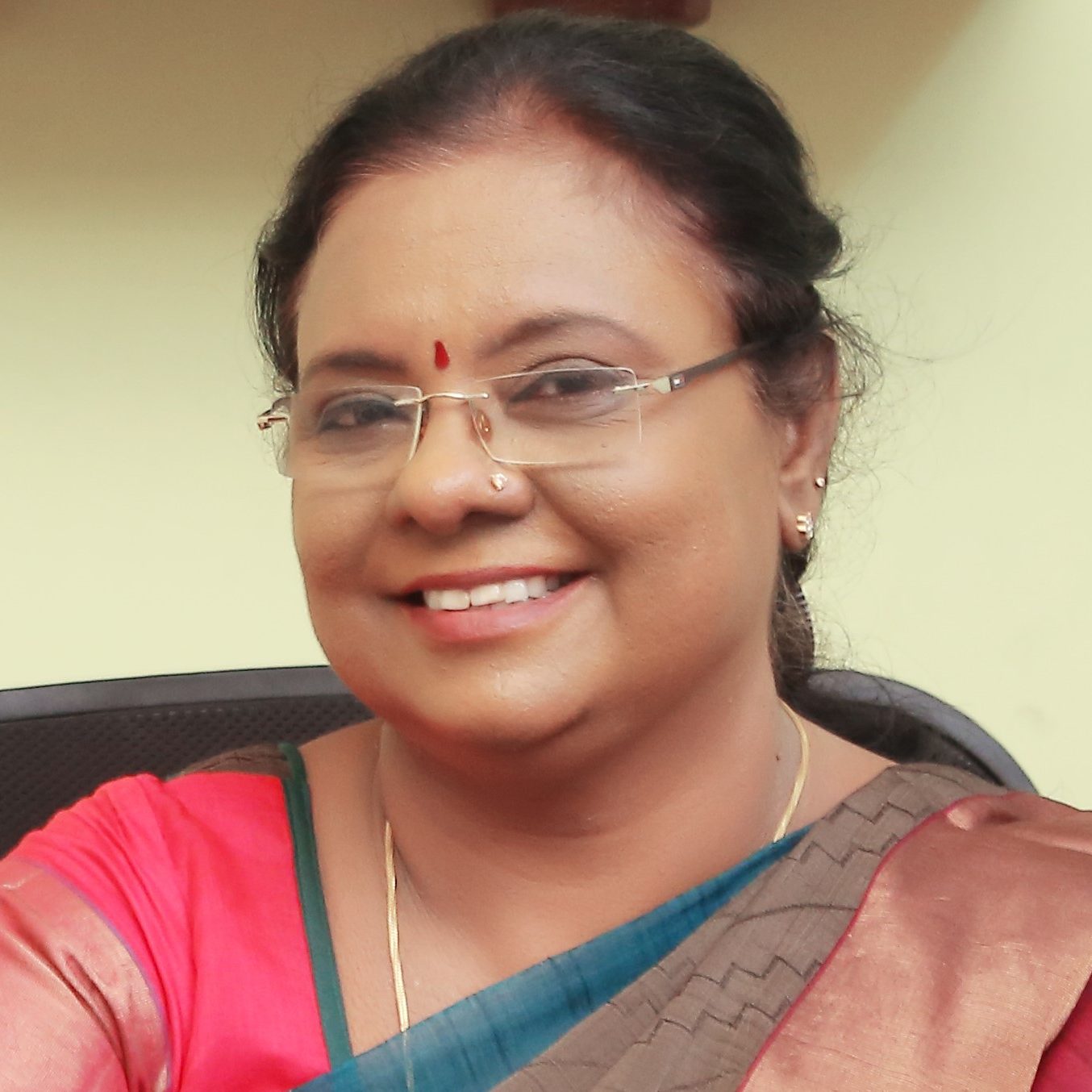
Sumathy Sundar is Director of Chennai School of Music Therapy in India and is a fellow of the IMC University of Applied Sciences, Krems, Austria. She was a former Professor of Music Therapy and Director of Center for Music Therapy Education and Research, Sri Balaji Vidyapeeth, Pondicherry, A pioneer in the field of music therapy in India, Dr. Sundar completed her doctoral work in the use of music-medicine with cancer patients.
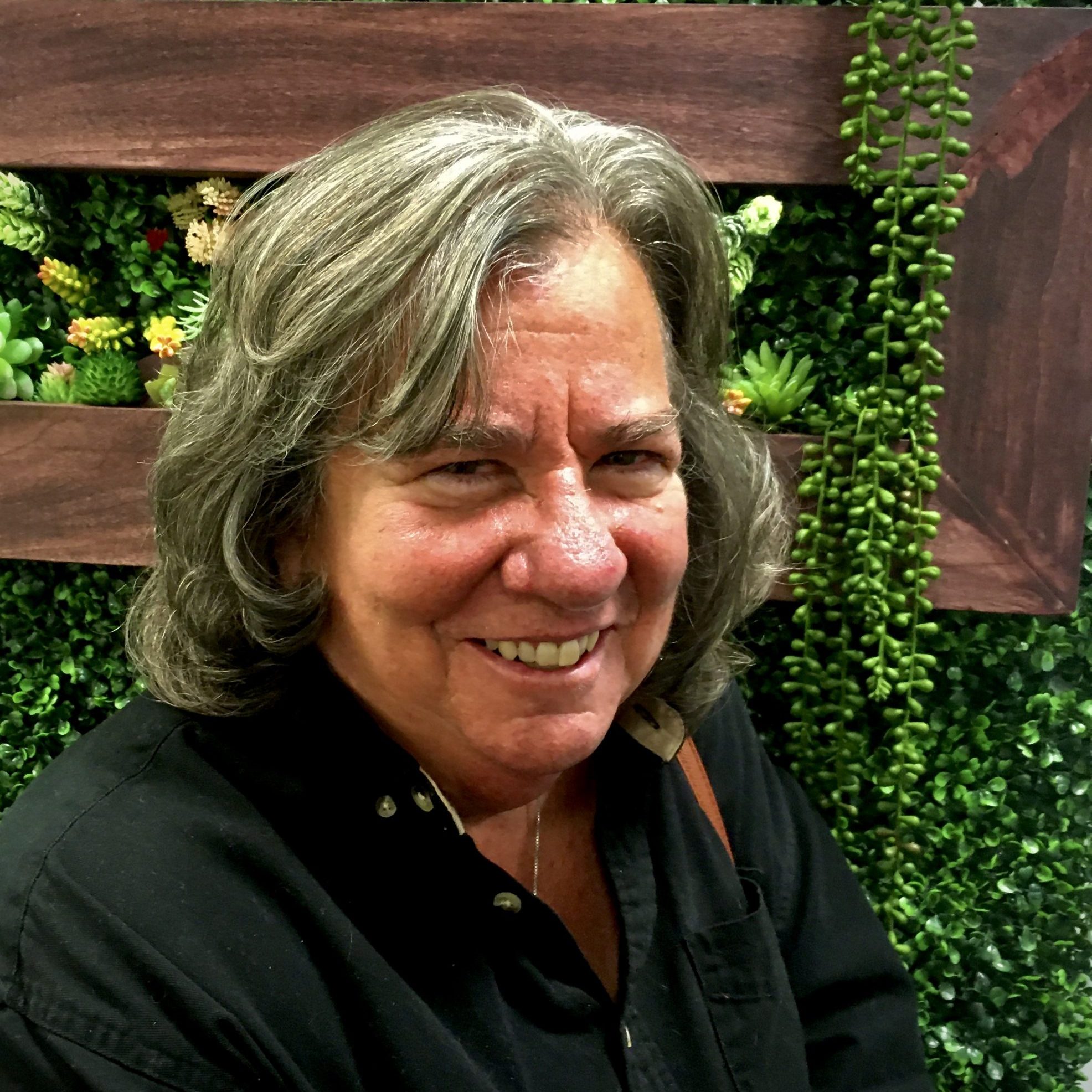
Karen Wacks is a Professor at Berklee College of Music, Boston and the Co-Founder of the Massachusetts Music Therapy Alliance. Karen is a pianist, French Horn player and a Licensed Mental Health Counselor. In addition to her teaching responsibilities, Karen is the clinical training coordinator for the Music Therapy Department at Berklee.
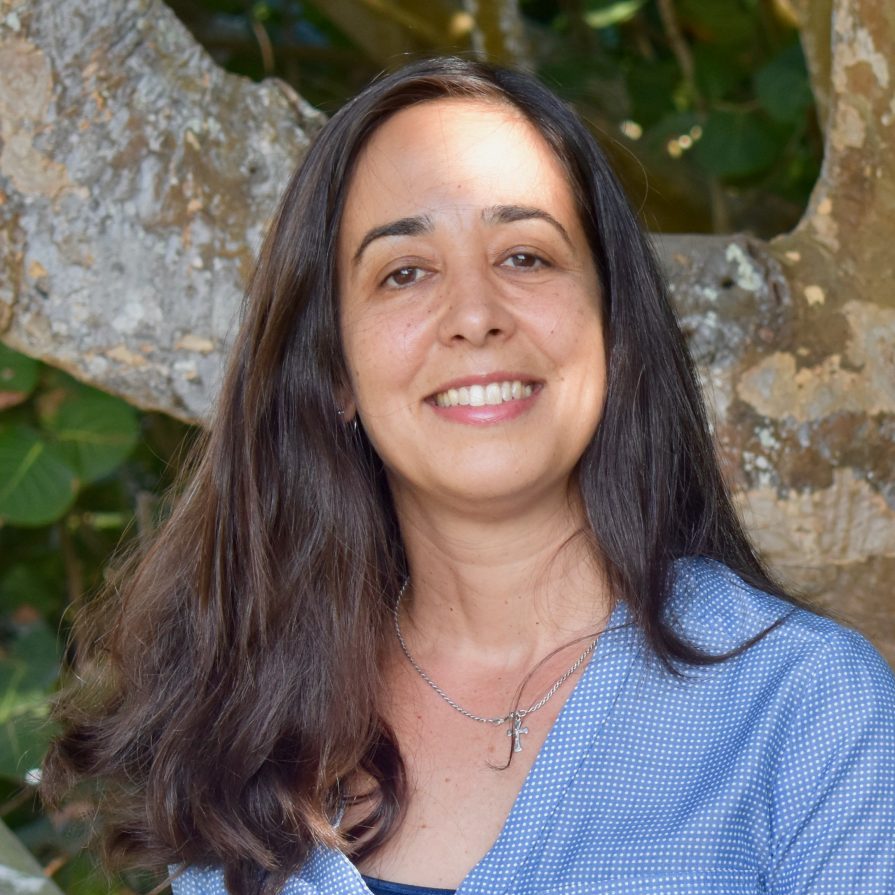
Maria Hernandez trained as a physician at the Instituto Tecnológico de Santo Domingo before entering Berklee’s Music Therapy Program. She has worked as a music therapist at University Hospitals Case Medical Center in Cleveland and as a music therapy intervention specialist in a clinical research project at Boston Medical Center
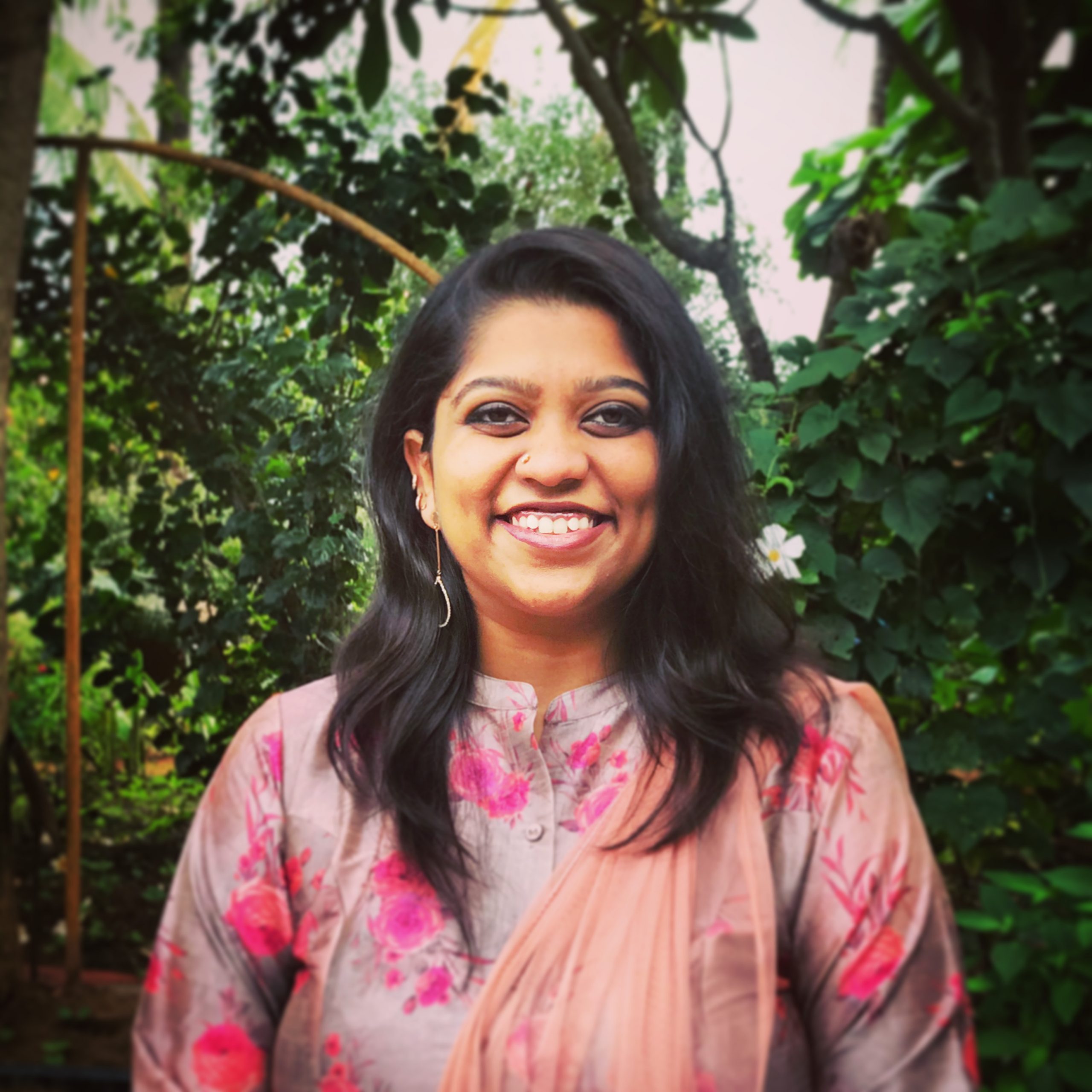
Purvaa Sampath is an American board-certified music therapist and educator currently working in India with a specialization in Neurologic Music Therapy. With dual degrees in music therapy and performance from the Berklee College of Music in Boston, Purvaa leads Mayahs’ Universe, an organization focused on music therapy advocacy, education and clinical services in India.
Access to the recording of this discussion is no longer available for free. You can consider purchasing access to all of IAMM2020 offerings, including this presentation plus 13 keynote presentations, 8 Special Interest Group webinars, over 50 paper and poster presentations and more, here.
You can also consider becoming a member of IAMM to get access to more events like this one.
If you have any problems with the video above or the website in general, send us an email at sgracida@iammonline.com.
This content is only available for IAMM2020 registrants! You can log in to view the content, access the concert videos for free, or register to access all of IAMM2020 recordings, including 13 keynote presentations, 8 Special Interest Group webinar recordings, over 50 papers/posters and a new series of webinars, "IAMM Insights."
The opinions expressed in the IAMM conference presentations, on slides and videos, are solely those of the presenters and do not represent IAMM. IAMM does not guarantee the accuracy or reliability of the information provided herein.